
Fortnite

Grand Theft Auto: San Andreas

Minecraft

FIFA Soccer

Grand Theft Auto: Vice City

Grand Theft Auto III

Poppy Playtime Chapter 1

Poppy Playtime Chapter 2

Magic Tiles 3

Scary Teacher 3D

Subway Surfers

Geometry Dash

Among us

slither.io

Temple Run 2

Stickman Hook

Toca Life World

Moto X3M Bike Race Game

Garena Free Fire: Winterlands
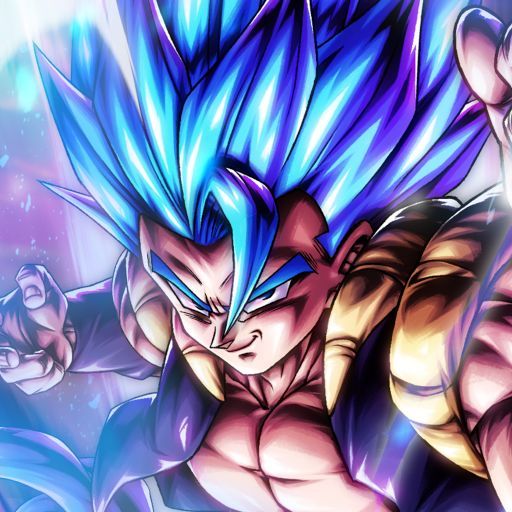
DRAGON BALL LEGENDS

Candy Crush Saga

Call of Duty Mobile

Bloons TD 6

CSR 2 Realistic Drag Racing

Hay Day

Plants vs. Zombies
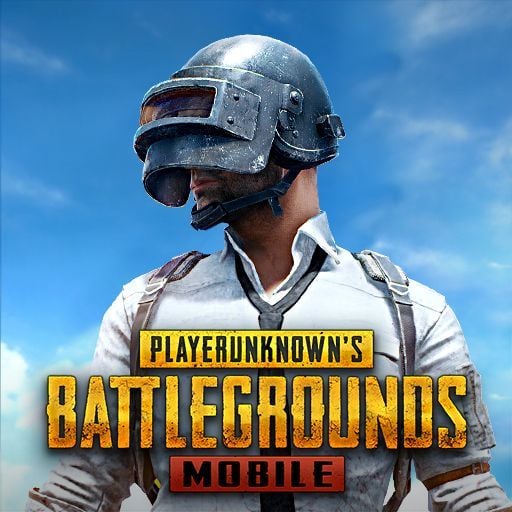
PUBG MOBILE

Hitman Sniper
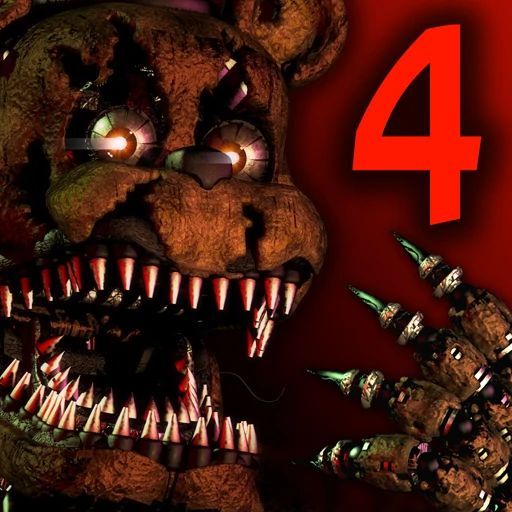
Five Nights at Freddy’s 4
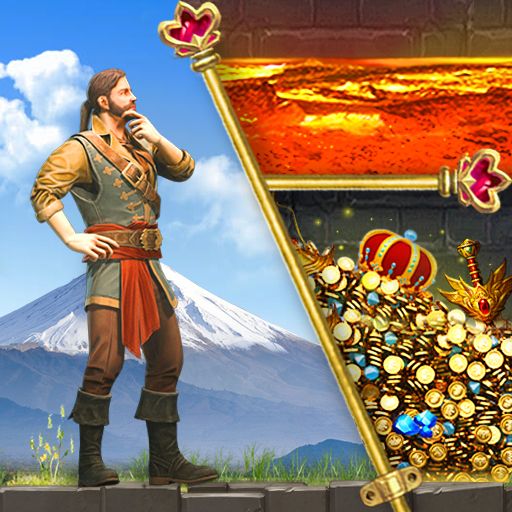
Evony: The King’s Return

Need for Speed Most Wanted

Need for Speed No Limits

Five Nights at Freddy’s

Super Mario Run

Dead Cells
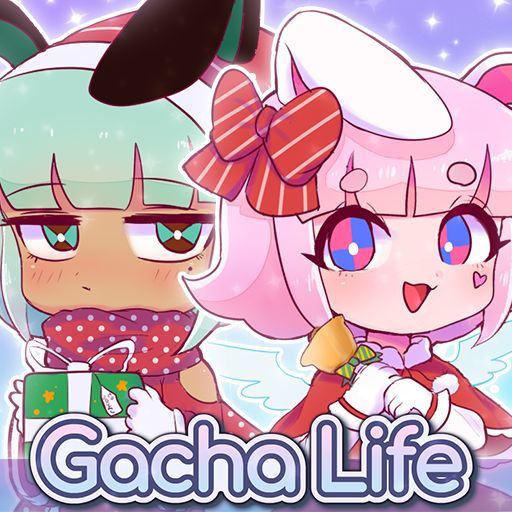
Gacha Life

Pokémon GO

Township

Plants vs. Zombies 2

Tiles Hop: EDM Rush!

Granny 3

Talking Tom Gold Run
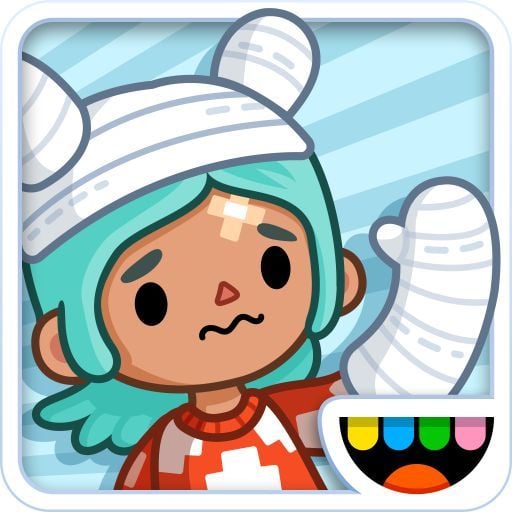
Toca Life: Hospital

Sonic Dash

Gardenscapes

Five Nights at Freddy’s 3
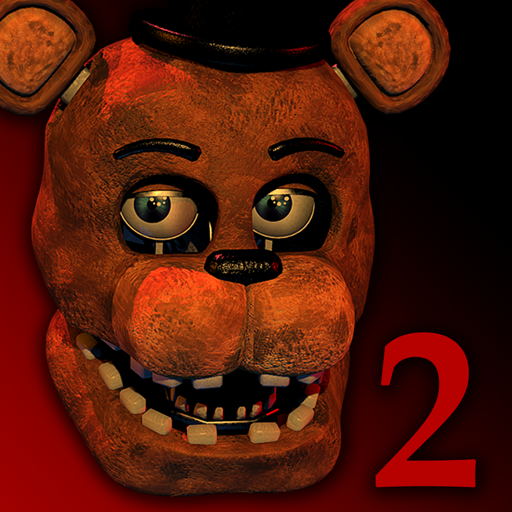
Five Nights at Freddy’s 2

Candy Crush Soda Saga
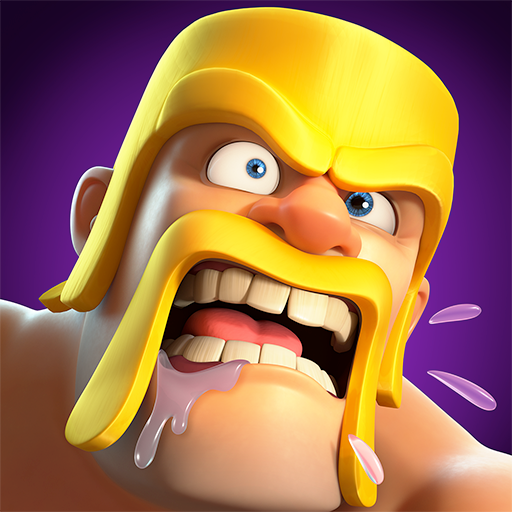
Clash of Clans
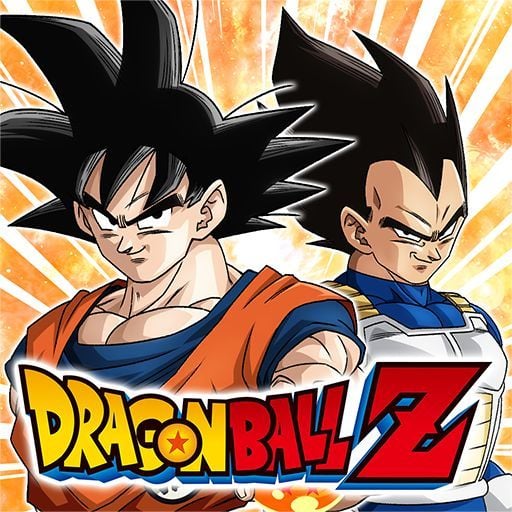
DRAGON BALL Z DOKKAN BATTLE

League of Legends: Wild Rift

Pokémon GO

Star Wars™: Galaxy of Heroe

Asphalt 9: Legends

Bubble Witch 3 Saga

Geometry Dash

Hill Climb Racing

Hill Climb Racing 2

Mafia City

Star Trek™ Fleet Command
Advertisement
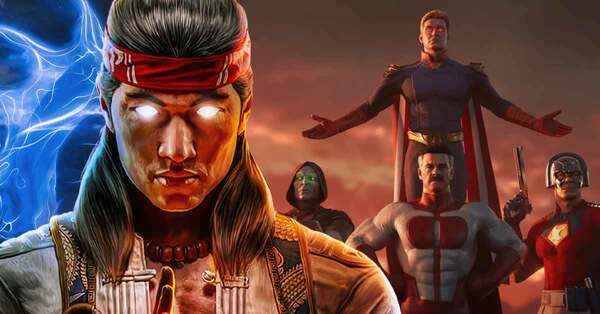
Disclaimers. The mobile game and app download address is from the official app marketplace of iOS App Store and Google Play. It has been checked for security and does not contain viruses or malware.
Platform:
File Size:
Current Version:
Updated Time:
Developer:
Content Rating:
Mortal Kombat 1, the latest installment in the iconic fighting game series, brings new characters, moves, and an innovative Kameo Fighters system. Yet, while the game has received praise for its refined mechanics and engaging combat, it also introduces a significant issue that has been a point of contention among fans: the progression system for unlocking in-game content. Players have raised concerns about the grind involved in unlocking skins, gear, and other cosmetic rewards, which seems to prioritize monetization over player satisfaction.
In this article, we’ll dive into the specifics of Mortal Kombat 1’s progression system and how it affects the overall experience. Is the grind necessary to maintain player engagement, or does it diminish the enjoyment of the game by pushing players toward microtransactions?
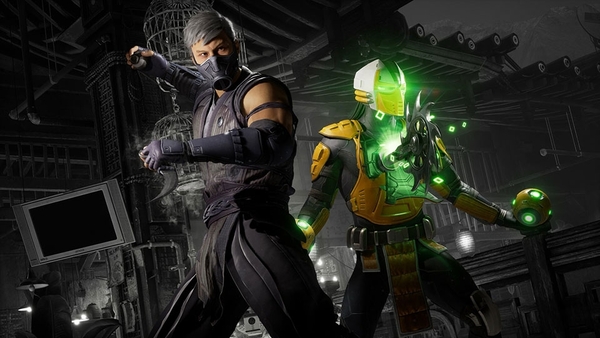
Mortal Kombat has always been about intense, brutal fighting combined with memorable characters and storylines. In Mortal Kombat 1, however, a new progression system has been introduced that makes unlocking cosmetic items—skins, gear, and customization options—a time-consuming affair. This progression issue has created a divide in the player base, with some fans enjoying the challenge of earning these items, while others feel frustrated by the excessive grind.
Let’s explore how Mortal Kombat 1’s progression system works, the impact it has on the player experience, and whether it successfully balances the need for engagement with enjoyment.
In Mortal Kombat 1, the main way to unlock cosmetic items and other rewards is through modes like the Towers of Time and Kameo Fighters. These are essentially challenges that players must complete in order to earn rewards such as skins, gear, and currency to buy additional items.
The Towers of Time are similar to those seen in previous Mortal Kombat titles, where players fight through a series of battles under specific conditions. While they offer a variety of challenges, the rewards they provide often feel too slow for the average player. Each tower can take a significant amount of time to complete, and the rewards don’t always justify the effort.
The introduction of Kameo Fighters, who act as assists during fights, adds another layer to the progression system. However, unlocking their full potential or obtaining unique Kameo skins also requires dedication, adding to the grind.
Customizing Kameo Fighters has become another focal point for players, but it involves completing even more challenges. The grind required to make Kameo Fighters fully customizable is one of the major frustrations in the current progression model.
One of the key criticisms of Mortal Kombat 1’s progression system is the sheer amount of time required to unlock even basic cosmetic items. Casual players, who may only have limited time to play each week, find it nearly impossible to keep up with the content unlocks, leading to dissatisfaction.
Many fans have pointed out that grinding for skins, especially for popular characters like Sub-Zero or Scorpion, can take dozens of hours. For casual players, this is a daunting task and can discourage them from continuing to engage with the game’s customization options.
While casual players feel the weight of the grind, competitive players also experience issues. Competitive fighters are more focused on gameplay mechanics than cosmetic items, but the grind can still affect their experience when it comes to customizing their favorite characters for tournaments or online matches.
Although cosmetics don’t affect gameplay directly, many competitive players still want to show off unique skins or gear during matches. The time and effort required to unlock these items can take away from their focus on refining their skills.
A common complaint is that the grind-heavy progression system seems designed to push players toward purchasing content through microtransactions. While Mortal Kombat 1 allows players to unlock items through gameplay, the time investment required feels disproportionate, leading many to consider spending real money to bypass the grind.
The in-game store offers players the option to purchase skins, gear, and other items using premium currency. For players who don’t want to spend hours grinding, this can feel like the only viable option, which has led to accusations that the progression system is intentionally cumbersome to drive microtransaction sales.
Microtransactions aren’t new to the gaming industry, but their implementation in Mortal Kombat 1 has been met with mixed reactions. While some players are fine with purchasing cosmetic items, others feel that the emphasis on premium currency detracts from the core enjoyment of earning rewards through gameplay.
The key issue here is balance—how do developers create a system that incentivizes gameplay while also providing a pathway for monetization? In Mortal Kombat 1, many players feel that the balance has tipped too far toward profit, reducing the satisfaction of unlocking content organically.
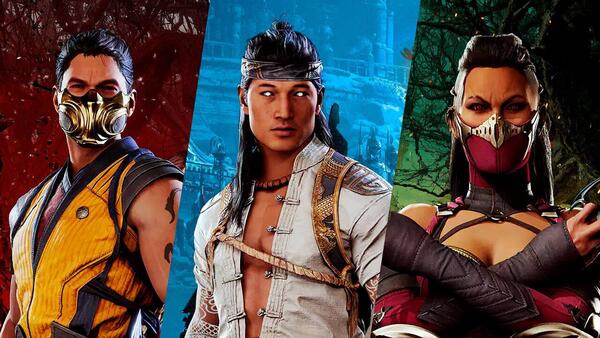
The Mortal Kombat community has been vocal about their dissatisfaction with the progression system. Social media platforms like Twitter and Reddit are filled with discussions about the grind and calls for the developers to reduce the time required to unlock cosmetic items.
In response to the backlash, developers have acknowledged the concerns and promised to evaluate the progression system in future updates. Whether these changes will significantly reduce the grind remains to be seen, but it’s clear that fan feedback has been taken seriously.
Comparing Mortal Kombat 1 to earlier entries in the series, it becomes clear that the grind has become more pronounced. In older games, unlocking skins and gear felt more achievable through regular play, while the latest installment seems to require a much greater time investment.
Many long-time fans of the series have expressed nostalgia for the simpler progression systems of past Mortal Kombat games. In those games, the rewards felt more in line with the effort players put in, creating a greater sense of satisfaction.
One solution that many players have suggested is reducing the amount of grind required to unlock cosmetic items. This could be achieved by increasing the rewards given for completing challenges or reducing the time needed to finish towers and missions.
Another approach could be to introduce more rewards for casual players who don’t have as much time to invest in the game. By offering smaller, more frequent rewards, the game could maintain player engagement without overwhelming them with lengthy grind requirements.
Another possible solution is to separate the progression systems for competitive players and cosmetic unlocks. By allowing competitive players to focus on refining their skills without the pressure of unlocking cosmetic items, the game could cater to both casual and hardcore audiences more effectively.
Developers could introduce a customization system that allows players to personalize their characters without needing to spend hours unlocking every single skin or gear piece. This could be done through customizable color palettes or unique gear sets that don’t require extensive grinding.
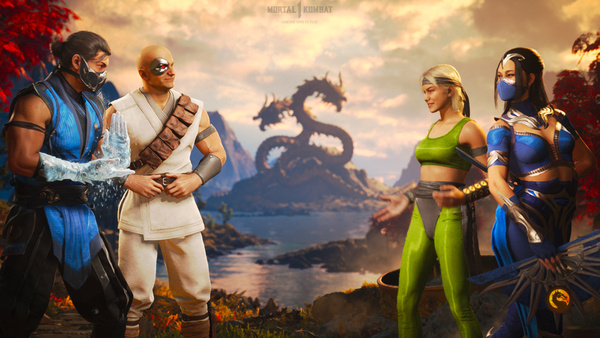
Mortal Kombat 1 has delivered an exciting and engaging fighting experience, but its progression system presents a challenge for both casual and competitive players. The excessive grind required to unlock cosmetic items has led to frustration within the community, and many feel that the system is overly focused on pushing players toward microtransactions.
To maintain player satisfaction and engagement, developers will need to address these concerns in future updates. Whether through reducing the grind, offering more rewards for casual play, or rebalancing the monetization system, changes will be necessary to ensure that the game remains enjoyable for all types of players.